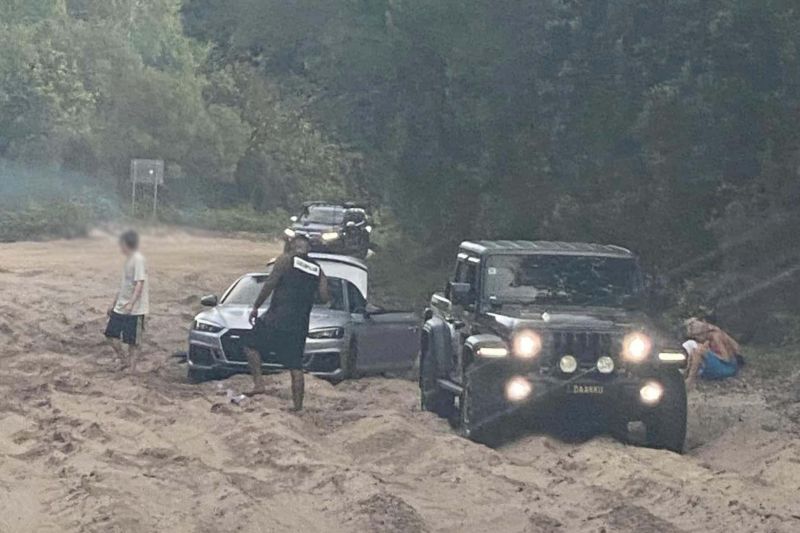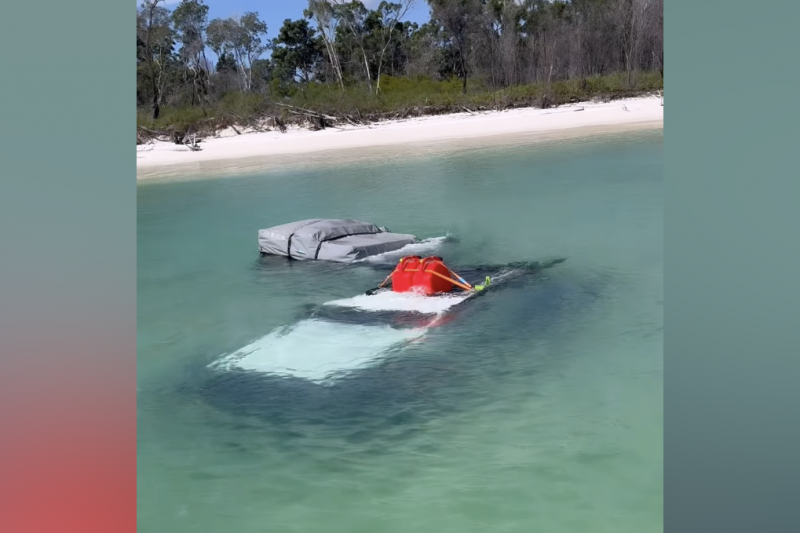Regulatory changes are on the agenda for the Queensland Government as it looks to reduce the environmental impacts of visitors and their four-wheel-drive vehicles in its national parks.
The Queensland Government commissioned Sustainable Visitor Capacity Management (SVCM) studies from consultants for three national parks, and this week released documents containing these findings and the state’s proposed actions.
You can view these reports here.
Consultants were commissioned to examine Bribie Island, Cooloola, and K’gari (Fraser Island) recreation areas in the state’s south east, which were identified as three of Queensland’s most popular destinations for day and overnight visitors.
The three areas attract more than 23,000 vehicles and tally more than 592,000 camper nights (i.e. the number of campers times the number of nights camped) every year, and the reports identified a concern that, in particular, there were too many vehicles present at peak times.
The reports suggested that visitor and vehicle capacity limits were to be considered and enforced, along with the sustainable management of infrastructure and visitor behaviour.
For example, the consultants recommended current speed limit compliance as an ongoing priority, as speed was identified as a safety concern in stakeholder surveys.
They also recommended that unnecessary night-time driving on the areas’ beaches were minimised to protect wildlife movements.
The Government says it’s already working with enforcement agencies to address “unsafe and unsocial behaviours related to vehicles and driving”.
Enforcement of such behaviours was recommended in the form of “appropriate penalties which incentivise compliance”, which received “strong support” during the consultants’ studies.
These penalties could income double demerit points, bans on repeat offenders, and “empowering vehicle seizures and impoundments”.
“At present, many of the behaviour problems experienced are attributed to younger age groups, including P-plate drivers. Focusing regulations to this age group seems a practical solution but it does raise valid social concerns,” the Bribie Island report stated.
“An option to consider is the impact of compliance measures that apply to all visitors but would have a particular impact on this visitor demographic – for instance, applying double demerit points to driving offences on the beach.”
In response to the consultants’ recommendations, the Queensland Government generally committed to “working cooperatively” and “consulting with other government agencies about improving visitor behaviour”, endorsing most of the recommendations in all three reports.
It did, however, reject separate recommendations to increase fees and provide a shuttle bus for visitors to reduce the number of vehicles at peak times.
The Government is currently evaluating methods to regulate vehicle numbers on the busiest days of the year, while also enforcing number plate recognition systems for Vehicle Access Permits with a “dedicated team”.






